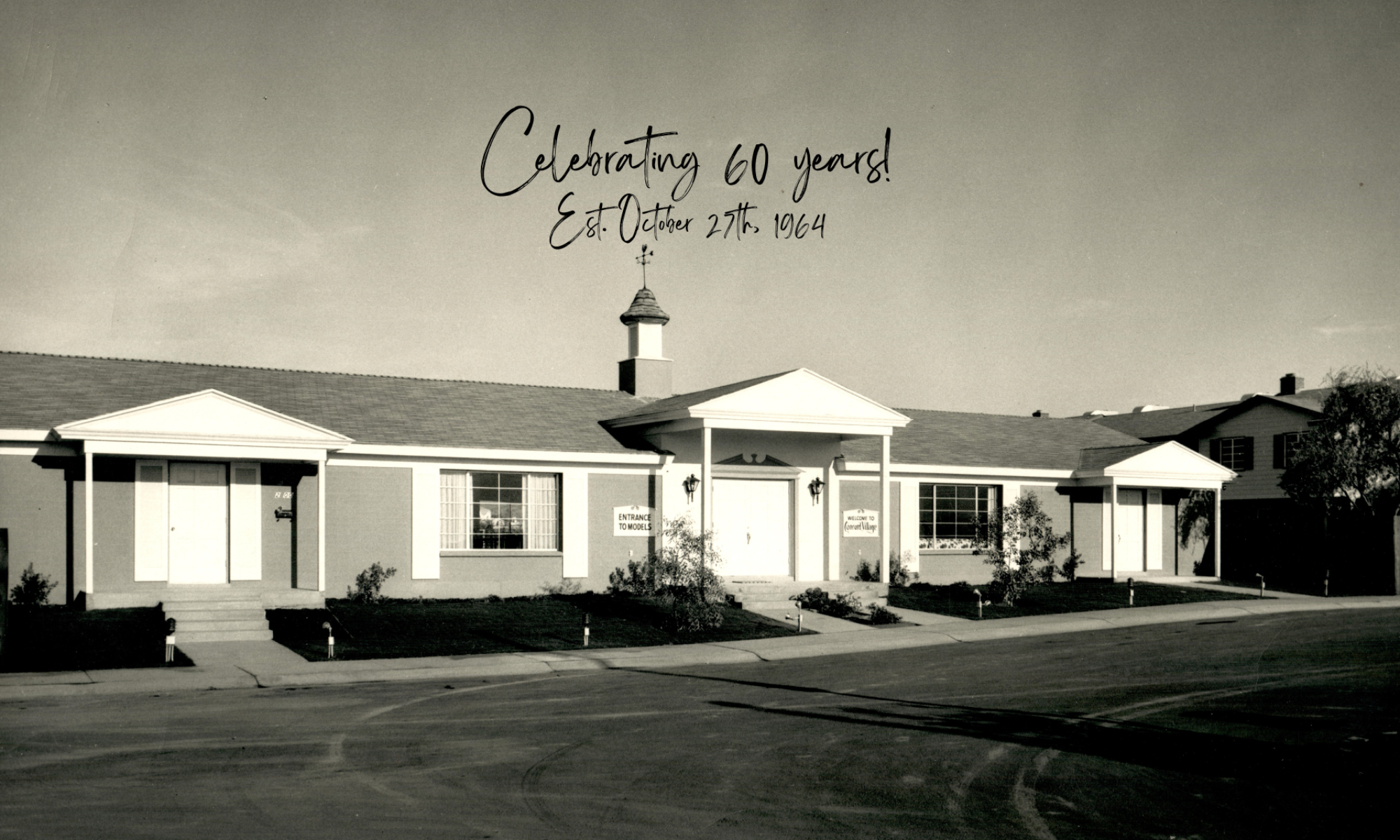A housing cooperative is essentially a community-driven organization where individuals come together to collectively own or manage residential properties and associated amenities. It operates as a not-for-profit corporation, where members pool their resources through monthly fees to cover various expenses such as mortgage payments, taxes, maintenance, and utilities.
This form of housing offers several advantages, including potential tax benefits, stable costs, and a higher degree of resident engagement and control. In the United States alone, over 1.2 million families across different income levels reside in cooperative housing units.
Originating in the late 1800s, cooperatives are now widespread in major urban centers like New York City, San Francisco, and Washington, D.C. They come in various types, from townhouses and apartments to single-family homes and senior housing, each adhering to cooperative principles established by the International Cooperative Alliance.
Key to their functioning is democratic governance by members, typically through elected boards of directors and various committees overseeing operations and community affairs. While larger cooperatives may hire professional managers, smaller ones often rely on volunteer efforts for day-to-day management.
In essence, housing cooperatives provide a community-oriented alternative to traditional home ownership, fostering shared responsibility and mutual benefits among its members.


